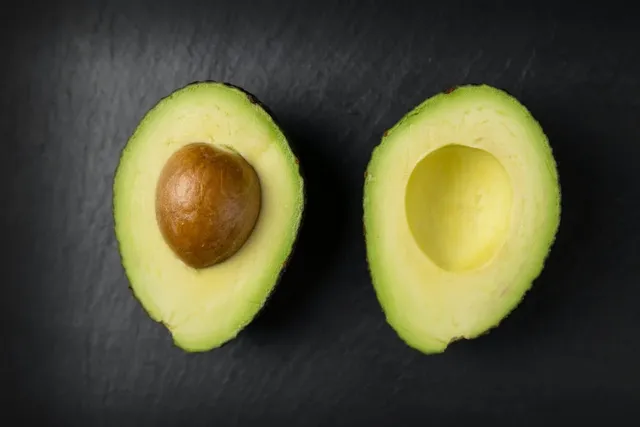Oxidized cholesterol, often referred to as LDL cholesterol, is a major risk factor for heart disease when it becomes oxidized. Fortunately, you can incorporate certain foods into your diet to help manage and reduce oxidized cholesterol levels. Here are three fruits and vegetables that can assist in this endeavor:
1.Berries: Berries like blueberries, strawberries, and raspberries are rich in antioxidants, particularly anthocyanins and quercetin. These compounds help combat oxidative stress and reduce the risk of LDL cholesterol becoming oxidized. Berries are also high in dietary fiber, which can help lower overall cholesterol levels by binding to cholesterol molecules in the digestive tract and eliminating them from the body.

2.Spinach: Leafy greens like spinach are loaded with lutein, a carotenoid antioxidant that can prevent cholesterol oxidation. Lutein is believed to accumulate in the arteries, offering protection against oxidative damage. Spinach is also a good source of potassium, which supports heart health by helping regulate blood pressure.

3.Avocado: Avocado is a heart-healthy fruit rich in monounsaturated fats and vitamin E. Monounsaturated fats can improve cholesterol profiles by raising HDL (good) cholesterol and reducing LDL cholesterol, including the oxidized form. Vitamin E acts as an antioxidant, shielding cholesterol particles from oxidation. Additionally, avocados are high in potassium, which supports cardiovascular health.

Incorporating these fruits and vegetables into your diet can help reduce the risk of oxidized cholesterol and support overall heart health. Remember that a balanced diet, regular exercise, and other healthy lifestyle choices are also essential components of maintaining optimal heart health. Always consult with a healthcare professional or registered dietitian for personalized advice on managing cholesterol levels.
Read More: https://sites.google.com/view/wellness-for-your-health